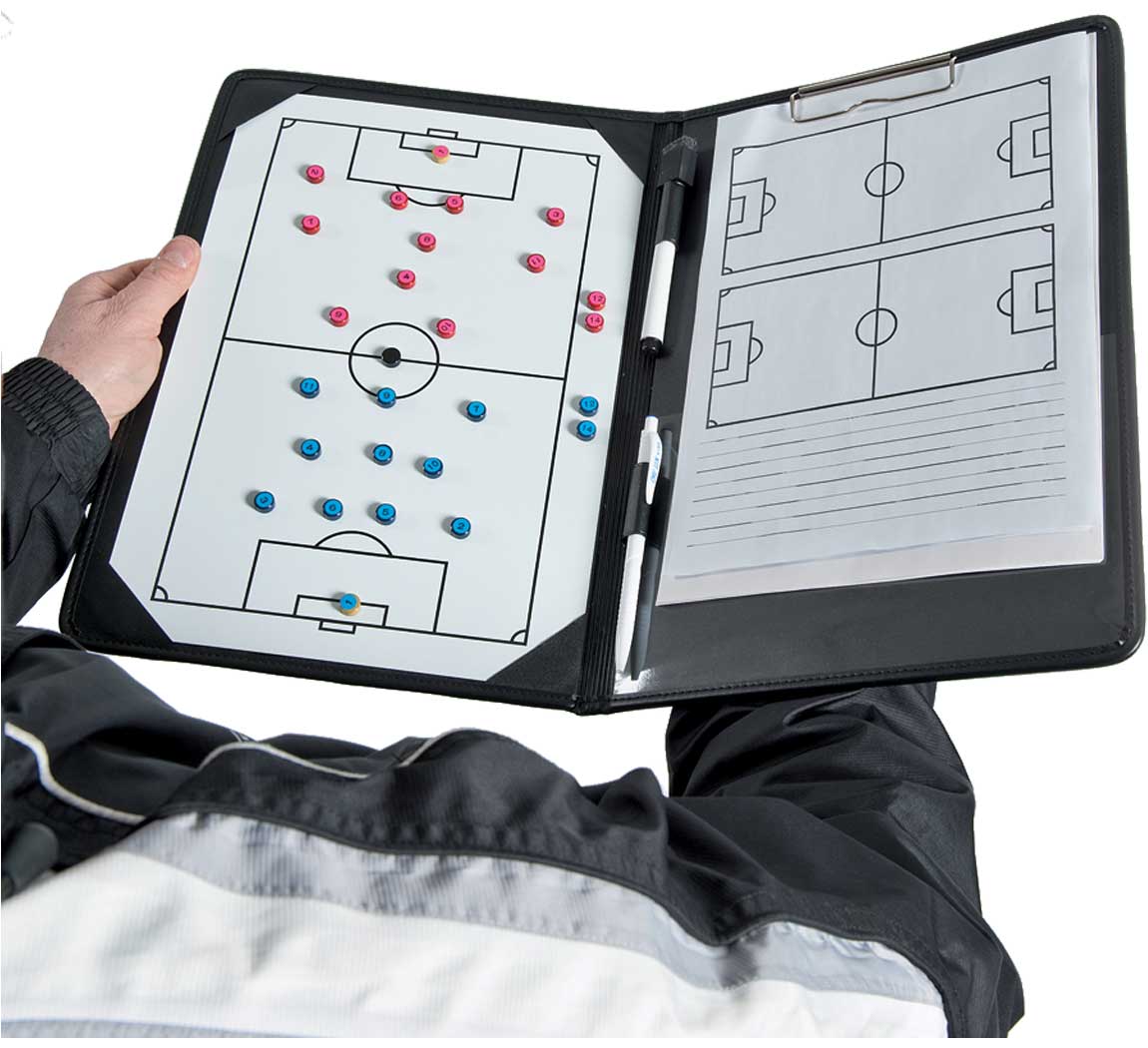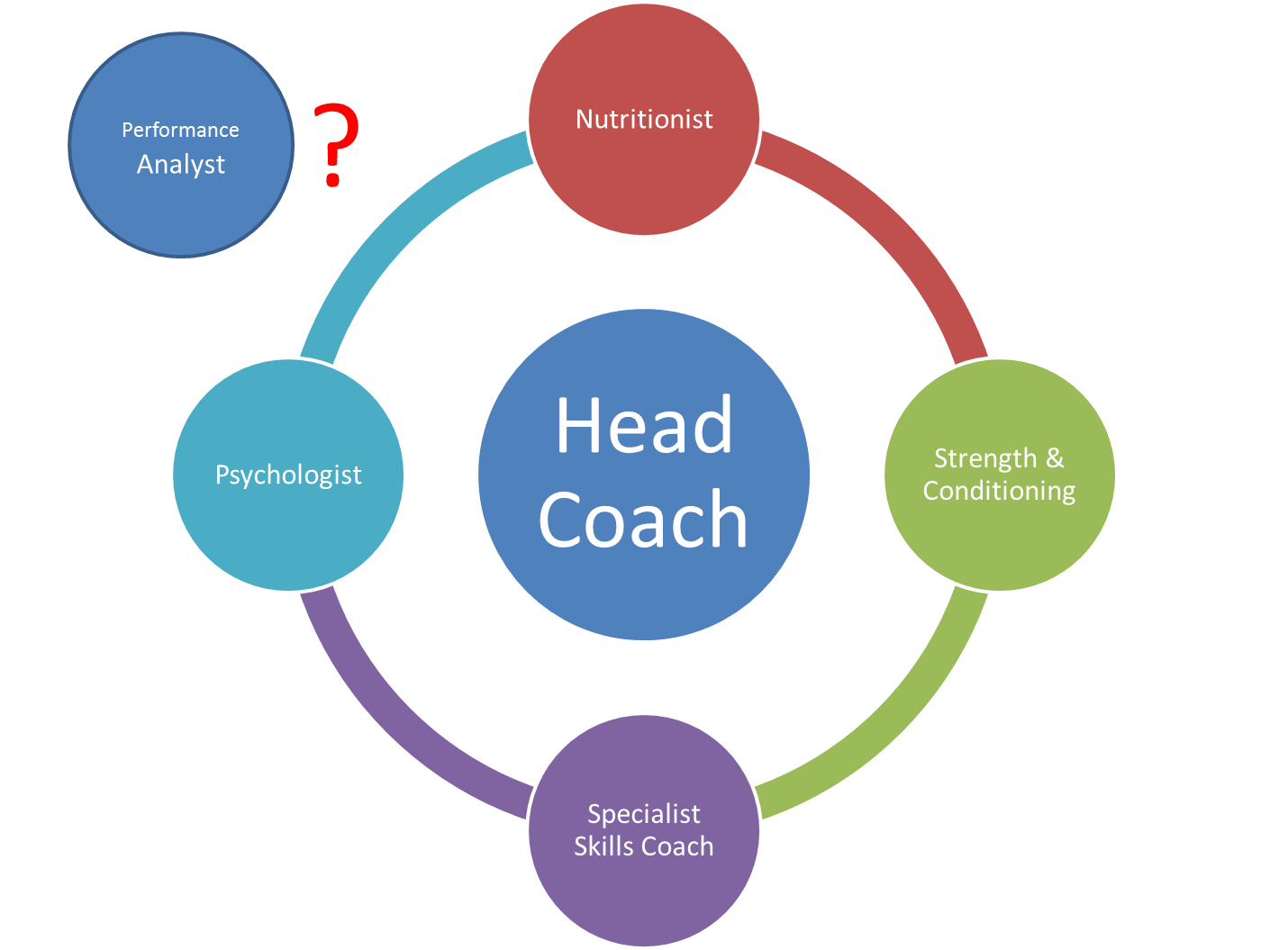Sports coaching is a complex and multifaceted role that requires a wide range of skills in order to be effective. A sports coach is responsible for leading, motivating, and teaching a team or individual athlete to reach their full potential, both physically and mentally. In order to do this, a coach must possess a number of key skills.
One of the most important skills for a sports coach is the ability to communicate effectively. This includes the ability to convey instructions and feedback to athletes in a clear and concise manner, as well as the ability to listen actively and understand the perspective of the athletes. A coach who is able to effectively communicate with their team will be able to build trust and create a positive team culture, which can have a significant impact on performance.
Another crucial skill for a sports coach is the ability to plan and prepare for training sessions and games. This includes creating structured and varied practices that challenge and develop the athletes, as well as developing strategies for success in competition. A coach who is able to effectively plan and prepare will be able to optimize the time and resources available to the team, leading to improved performance.
In addition to these technical skills, a sports coach must also have strong leadership qualities. This includes the ability to inspire and motivate athletes to achieve their best, as well as the ability to manage conflict and make tough decisions. A coach who is able to lead their team effectively will be able to create a positive and focused team environment, which is essential for success.
Finally, a sports coach must have a deep understanding of the sport they are coaching, as well as the physical and mental demands of the athletes. This includes knowledge of the rules, tactics, and techniques of the sport, as well as the ability to identify and address any physical or mental issues that may be affecting the performance of the athletes. A coach who has a thorough understanding of the sport and the needs of the athletes will be able to provide the most effective guidance and support.
In summary, the skills of a sports coach include the ability to communicate effectively, plan and prepare for training and games, exhibit strong leadership, and have a deep understanding of the sport and the needs of the athletes. These skills, when combined, enable a coach to effectively lead and develop their team or individual athletes to reach their full potential.







